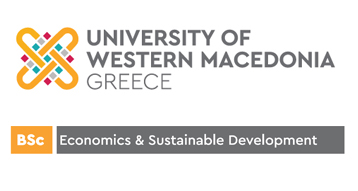Learning outcomes:
On successful completion of this module students will be able to:
- Define and explain concepts such as stationarity and non-stationarity
- Developing forecasting models for time series with the use of an econometric software package (e.g. E-views).
- Critically evaluate and assess time series models and their results
- Critically evaluate and assess the results of diagnostic tests.
Use models to make forecasts on time series.

